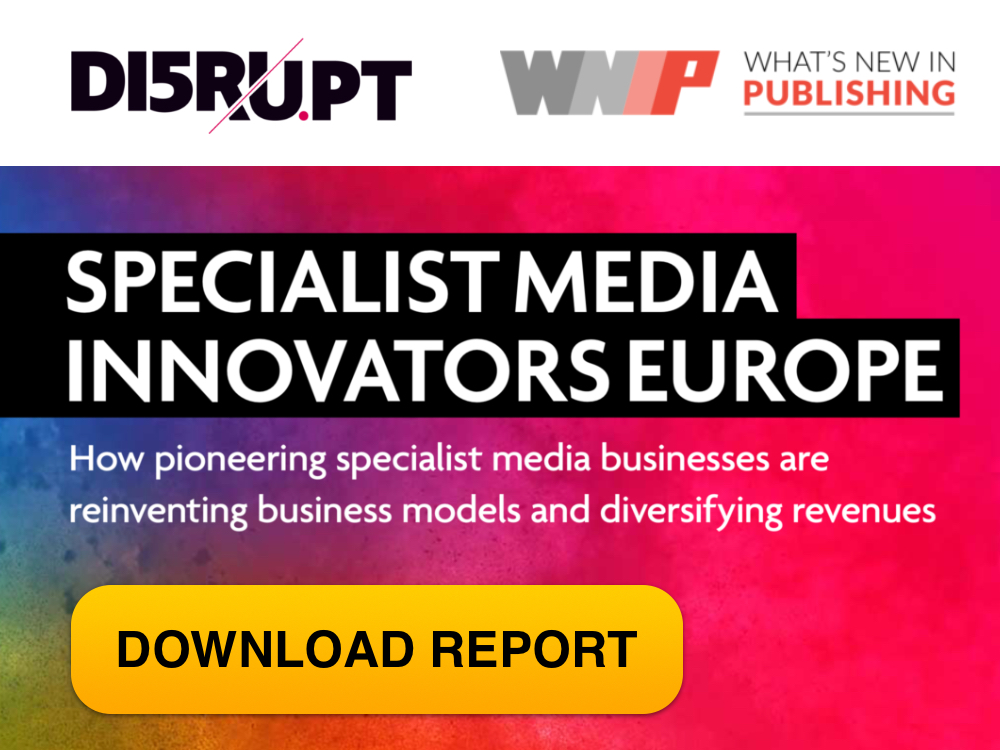|
Getting your Trinity Audio player ready...
|
I wish I’d known what I know now when I started my first media business.
I thought I knew how to run and grow a company, because I’d been MD of a £5m business.
I thought I knew what would make it valuable.
As any independent media business Founder will tell you: Nothing prepares you for the intensity of starting your own business. Winning the trust of your community. Building a customer base. Working late to backfill processes, marketing, hiring, accounts, VAT returns, closing contract loopholes.
Looking from the outside, it’s easy to see where entrepreneurs are going wrong. Creating too many marginal products. Not delegating enough, getting caught up in the day-to-day rather than running their business. Getting too dependent on one or two-star performers.
From the inside, all I’ll say is: You try it.
I’m on my fourth business now and there’s no way out of a simple fact. There are investments to make, risks to take, that it is virtually impossible to be objective about when it’s your company, your name, your people, and you making all the decisions.
But we’ll come to that.
Why do big companies get so profitable when they are less agile and innovative?
This is quite a profound question, and it’s one that many media entrepreneurs ask us.
At one level, this is about capital: if you’re willing and able to invest, you can out-compete less well-funded players.
After selling my first company, I spent several years advising big corporates on off-market acquisitions and growth strategy. I began to recognise that there were habits big companies adopt precisely because they are less innovative.
They turn decision-making into a process with multiple stakeholders.
They turn product innovation and development into a process.
They turn recruitment into a scalable process.
And it’s the same for sales performance and structure, marketing optimisation, even the content that’s the creative lifeblood of publishing organisations.
Over the last 15 years, I’ve made a big checklist of all the ways in which I could have made my first company more valuable. Then put together a team of smart, experienced people who’ve applied these habits in bigger companies. And we’ve worked out how to translate big company processes into “Entrepreneur Language”, so they can be applied in agile smaller companies without breaking their DNA.
No access + no support = hard to scale
Here’s the other problem for independent publishers.
If you’re bootstrapping your business, and haven’t had the opportunity to build (or inherit) a strong network of supporters, advisers and investors, you’re facing a steep uphill journey.
The ugly truth is that access pays, and many indies just don’t have it. Having the right advisers and introducers around you saves time, helps you to accelerate growth and reduces the risk of failure or stagnation.
I had some good advice the first time around. But it came in patches, was matched by some less good advice, and I didn’t have the overall context to understand everything I was being told.
Tolstoy wrote, “All happy families are alike; each unhappy family is unhappy in its own way.”
It’s the same with companies. Your big problems will reflect your unique personality and culture. But all successful scaleups use the same toolkit, and the most important tool is informed decision-making: good governance, structured advice, consistent reporting and communication rhythm.
Covid showed us that smaller independent publishers need structured help
When Covid hit the UK in March 2020, we made a conscious decision to support our community. We’ve always provided some pro bono advice to smaller companies – we call it our “cups of tea” service, and have put considerable resources into the community group we host, the Media Entrepreneur Meetup.
From the members’ chat, and lots of individual conversations, we realised that a very high proportion of entrepreneurs needed proper, structured support. Not just to navigate the pandemic, but to get their company to scale (which typically means exceeding £3m in revenues).
We went through several rounds of consultation and product development to come up with a scaleup programme, Crescent, that was accessible to smaller and early-stage company Founders and CEOs, but gave them access to a faculty of highly experienced advisers.
It’s given me an opportunity to go back and work with entrepreneurs like me, help them to avoid the mistakes I made, and to apply the best big company habits to their unique organisations. Our members are incredibly innovative, positive and mutually supportive – and it’s like going back in time and giving my younger self a different experience.
The £1.5m and £3m glass ceilings
We’ve met hundreds of independent media companies, and helped dozens of them. Again and again, we’ve seen companies hit glass ceilings at around £1.5m and £3m revenues.
Why? Because those are the inflexion points where an entrepreneur has to let go, bring in more structure and process, and open up their decision-making processes.
Those revenue limits can be broken. But you have to ask for help, and be willing to change your habits. And I know just how confronting that can be.
Piers Bearne
Founder and CEO of Collingwood Advisory
About: Crescent is a scaleup programme for early stage and smaller independent media companies, providing 1-2-1 advice, group workshops and structured business planning over 12 months. Applications for Crescent’s winter 2021 intake close on 26 November.



